
The first trend CFM tackled, with the help of futurist and games-designer Dr. Jane McGonigal, was the rise of “gaming for good” and the potential for games-design to make museum experiences more compelling and rewarding. Today’s guest post is by Ken Eklund, aka Writerguy, freelance game and experience designer Ken creates “what if?” storytelling games and activities for museums, foundations and public media. He’s perhaps best known for World Without Oil, a crowdsourced “authentic fiction” about an oil crisis, and Giskin Anomaly, an immersive cellphone adventure in Balboa Park. With producer Sara Thacher (The Jejune Institute), he’s running a gameful climate science education project called FutureCoast, live now through April 30. (Twitter: @FutrCoast, @FutrVoices; Ken, @writerguygames) You can play, too!
The software system of the future has sprung a space-time leak. But since it’s only in their voicemail storage, it takes them decades to get around to fixing it. Meanwhile, we get to listen to the messages that people leave for each other in the years 2020 to 2065 – by turns banal, mysterious, and terrifying.
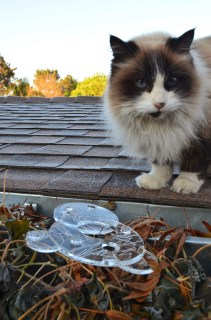 |
|
A chronofact falls in California
|
Welcome to FutureCoast, a playful yet serious collaborative storytelling game about possibly climate changed futures. At FutureCoast.org, visitors listen to these voicemails and speculate about the futures they must come from. They “mixtape the future” by curating voicemails into Timestreams. They follow @FutrCoast on Twitter to rescue the mysterious objects (“chronofacts”) that voicemails are decoded from.
Meanwhile, behind the game curtain at FutureVoices.net, visitors take on the creative challenge of recording voicemails that seem to have leaked here from the future. They volunteer to geocache chronofacts for others to rescue. And for organizations interested in holding creative “futurethinking” events exploring climate change, this is where you sign up.
Exploring mini-stories as collaborative learning
This blog’s readers know the educational landscape is changing, as learners act as collaborative curators and “proactive consumers who co-produce what they consume.” In this world, storytelling rules, whether it be documentary, counterfactual or somewhere in between.
Why are learners demanding to participate in their learning experience? That’s easy: they want the learning to be relevant to them, and they want it to recognize where they’re at, i.e. to respect what they already know. Playfully encouraging them to tell miniature stories is a perfect way to begin learning.
Voicemails: a world in thirty seconds
Pity the poor voicemail, no one’s idea of a good time. Yet maybe the perfect building block for a participatory story? Consider:
- Voicemails are rich. People are wired to glean meaning from the human voice.
- Voicemails are familiar. We encounter and create this type of story every day (i.e., we already know how to play this storytelling game)
- Voicemails are compact: people get to the point.
- Voicemails are personal. They bespeak person-to-person relationships and realities at a hyper-local, human level
- Voicemails thus afford much of what the climate change discussion lacks.
Creating a play space for climate change
There is no one future. In FutureCoast, the voicemails leak out of the cloud of possible futures. Acknowledging that, anyone can make a voicemail from a possible future with us, simply by calling the FutureCoast hotline at 321-7-FCOAST.
In these voicemails, people express their views and share the elements that make the threat of climate change relevant to them. They mix in a collaborative space where different ideas about climate-changed futures exist together and learn from each other. It often is a surprisingly cathartic “futurethinking” experience.
Join the Chronofact Recovery Effort
FutureCoast is immersive. To make it easy for visitors to enter the playspace, it has characters (“the Coasters”) that live its fiction as their reality. So, meet Sam:
Sam chases a chronofact
As Sam says, when chronofacts materialize from the future, the Coasters can sometimes pinpoint exactly where. Seekers then scramble to track them down, as chronicled in the Chronofall Diary.
What the Coasters don’t know, but you do, is that volunteers cache the chronofacts. Science students and educators such as museums have priority in chronofact caching (and can use our lesson plan).
FutureCoast: an “authentic fiction”
FutureCoast is one of several engaging climate change education projects being created by the PoLAR Partnership at Columbia University. Our goal is to open up ideas and dialog about climate change and its effects on natural and human systems. To ground voicemails in reality, we’re growing a helpful link library at FutureVoices.net.
Reversing “a profound disengagement”
Many factors conspire to drape climate change in a veil of unreality. The issue is complex and global, which have been used to muddy, suborn, ensilo and polarize its discussion. People understand this: they know they’ve been disengaged from the dialogue and their concerns and questions disregarded.
What people want, I feel, is a way they can take positive action on the climate change issue: to participate in an open exchange of ideas, to share what they question and what they know. People deal all the time with muddied, suborned, siloed and polarized issues; they just need someone to give them an opportunity to come together and apply that expertise to this issue.
Among their missions, museums seek to help society face the future. Giving museums unique opportunities to push through the veil of unreality on climate change has been a goal of this blog and a part of FutureCoast’s design from the beginning.
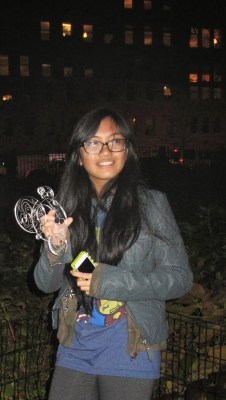 |
| Chronofact rescued by a study group at the American Museum of Natural History! (AMNH YouthCaN) |
What museums can do:
> Host a FutureCoast “study group” event (A mini-FutureCoast workshop and social experience, in which people listen to voicemails and make their own. Contact us for details and to arrange support.)
> Cache a chronofact! Here’s the application and associated lesson plan
> Share FutureCoast with your communities. (Here is a nice quick summary of FutureCoast in the StoryCode newsletter.)
> Share FutureCoast with students and educators
Contact the Future Coast team to find out more!


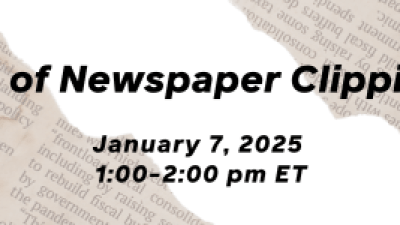
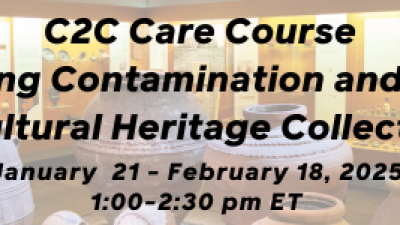
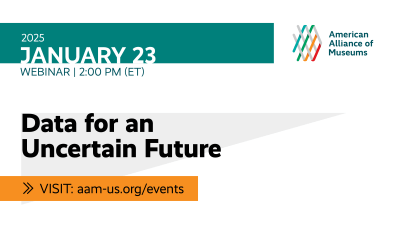
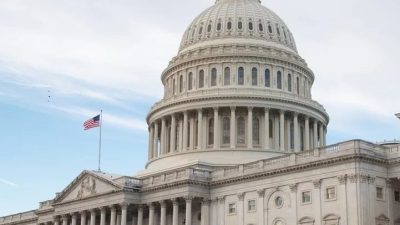
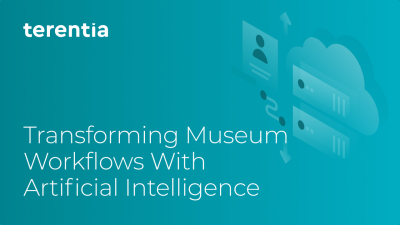
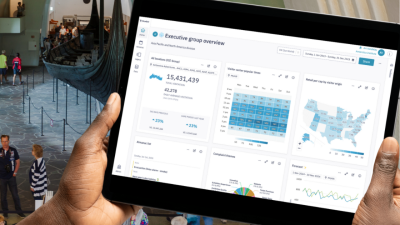

Comments